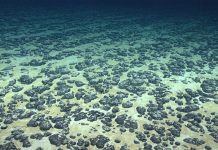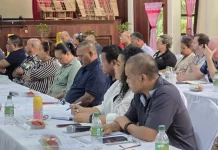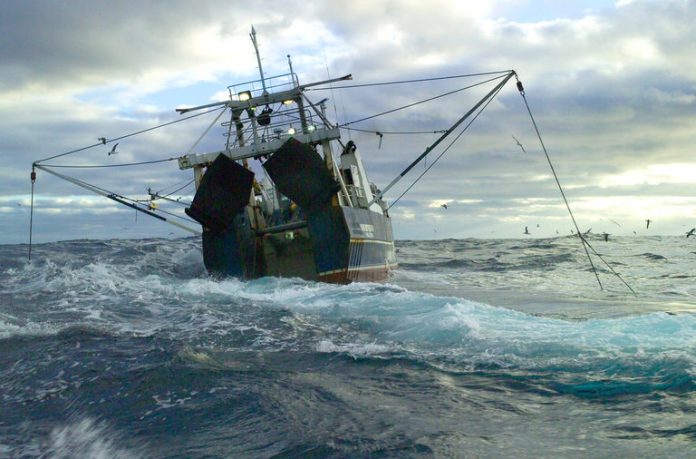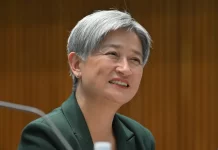Pacific civil society groups have joined others from around the world in an open letter calling on trade negotiators at this week’s World Trade Organisation (WTO) Ministerial to ensure that any outcome on fisheries subsidies targets those fleets most responsible for overfishing, protects small-scale fishers and doesn’t stop small-island stated from developing their own fishing fleets.
The WTO Ministeral starts today in Dubai, with expected attendance from WTO Pacific Ministers and delegations.
“The negotiations on subsidies that contribute to overfishing are failing to address the real problem those historically responsible for overfishing, and is instead creating loop holes that the big fleets will be able to use. The current agreement lets those most responsible off the hook”, commented Adam Wolfenden, Deputy Coordinator of the Pacific Network on Globalisation.
The open letter has been endorsed by over 65 organisations from around the world, including in the Pacific Islands region.
The letter calls on Ministers to make sure that any outcome on overfishing and overcapacity subsidies targets those who have the greatest historical responsibility for overfishing and stock depletion, excludes all small-scale fishers from any subsidy prohibitions, prevents the WTO from ruling on the validity of conservation and management measures of members, and upholds the sovereign rights of countries under UNCLOS.
“The global response to this letter shows that there is concern around the world about what is being presented to Ministers to negotiate on. This is an agreement that is not living up to the Sustainable Development Goal (SDG) mandate as not only is it failing to reign in the problem but it is offering inadequate flexibilities to developing countries”, added Wolfenden.
Negotiations on fisheries subsidies in the WTO were renewed from the SDG14.6 mandate which aims to “prohibit certain forms of fisheries subsidies which contribute to overcapacity and overfishing, and eliminate subsidies that contribute to IUU fishing, and refrain from introducing new such subsidies, recognising that appropriate and effective special and differential treatment (SDT) for developing and least developed countries should be an integral part of the WTO fisheries subsidies negotiation”.
“We’re deeply concerned about the ‘sustainability’ flexibilities that will be available to the big fishing fleets and how these will be largely unavailable to developing countries, in addition to how these will also open up a country’s fishing conservation measures to challenge in the WTO. The WTO has no expertise on sustainable fishing and has a horrid track-record of striking down environmental legislation”, continued Wolfenden.
He concluded that, “we’re calling on Ministers, both the Pacific Island Country WTO Member and those around the world to stand up for genuine sustainability and development and not accept a text that undermines development and sustainability and gives the big fishing fleets a free pass.”
Trade Ministers from around the world are meeting in Abu Dhabi for the World Trade Organisation Ministerial Conference (MC13), which runs from 26-29 February. The meeting will cover talks on fisheries subsidies, e-commerce, agriculture and WTO reform among others.
SOURCE: PANG/PACNEWS











